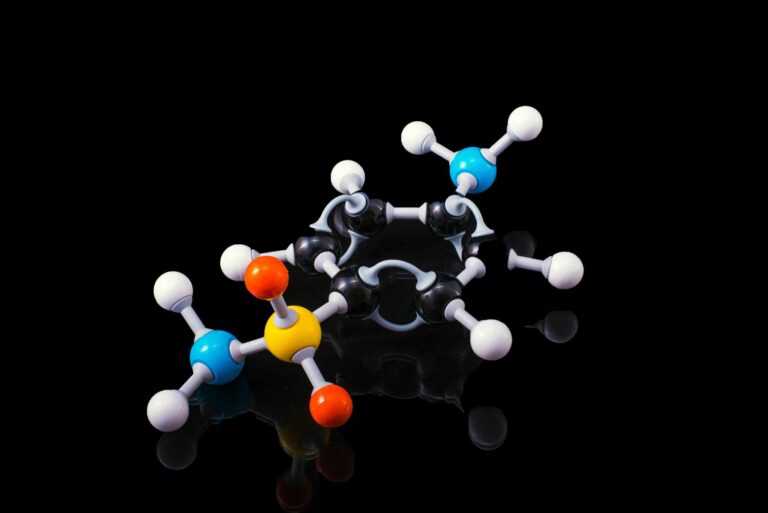Understanding the Addictive Nature of Methamphetamine
Methamphetamine, commonly referred to as meth, is a powerful and highly addictive stimulant drug that affects the central nervous system. Its addictive nature is a cause for concern in the realm of substance abuse and addiction. In this comprehensive article, we delve into the intricacies of why meth is so addictive and the physiological and psychological factors that contribute to its allure.
The Chemical Composition of Methamphetamine
To comprehend the addictive potential of meth, it is imperative to understand its chemical structure. Methamphetamine belongs to a class of drugs known as amphetamines. Its chemical formula is C10H15N, and it shares structural similarities with neurotransmitters like dopamine and norepinephrine. These structural resemblances play a pivotal role in its interaction with the brain’s reward system.
The Dopamine Connection
Dopamine, often referred to as the “feel-good” neurotransmitter, is responsible for regulating pleasure and reward centers in the brain. When an individual consumes meth, it leads to a surge in dopamine levels. This sudden influx creates intense feelings of euphoria, heightened energy, and increased alertness. The brain associates this rush of pleasure with the use of meth, reinforcing the desire to repeat the experience.
Rapid Onset and Intensity of Effects
One of the factors contributing to meth’s addictive nature is its rapid onset of action. When meth is ingested, whether through smoking, snorting, or injection, it swiftly crosses the blood-brain barrier. This immediate access allows it to exert its effects within minutes, leading to an intense and rapid high. This immediacy creates a powerful reinforcement loop, further reinforcing the addictive behavior.
Prolonged Effects and Tolerance
Unlike some other substances, meth has a relatively long duration of action. The effects of a single dose can last for several hours, providing users with an extended period of euphoria and increased energy. However, with repeated use, the brain develops a tolerance to the drug. This means that over time, higher doses are needed to achieve the same level of euphoria, driving individuals to escalate their usage.
The Impact on Neurotransmitter Levels
Methamphetamine not only triggers the release of dopamine but also inhibits its reabsorption, leading to an accumulation of dopamine in the synaptic clefts. This surplus of dopamine intensifies the pleasurable sensations experienced by the user. Additionally, meth also affects the levels of other neurotransmitters like serotonin and norepinephrine, contributing to its reinforcing effects.
The Role of Cravings and Compulsion
As methamphetamine use continues, the brain undergoes significant adaptations. The reward pathway becomes sensitized, leading to heightened cravings for the drug. These cravings can become overpowering, driving individuals to seek out and use meth even in the face of adverse consequences. This compulsive behavior is a hallmark of addiction and underscores the formidable grip that meth can have on a person.
The Devastating Cycle of Dependence
The addictive nature of methamphetamine is further exacerbated by the withdrawal symptoms that occur when usage is discontinued. These symptoms, which can include severe depression, fatigue, and intense cravings, often drive individuals to seek out the drug once more, perpetuating the cycle of dependence.
In conclusion, the addictive potential of methamphetamine lies in its ability to hijack the brain’s reward system, leading to intense feelings of pleasure and reinforcement of drug-seeking behavior. Understanding the chemical and physiological processes at play provides insight into the formidable nature of meth addiction. It is imperative to approach methamphetamine use with caution and seek professional help if struggling with addiction.
Also, Altitude Recovery is a compassionate and comprehensive addiction treatment center, offering personalized programs for recovery. Their experienced team fosters a supportive environment for a brighter, drug-free future. If you or someone you know struggles with addiction, contact Altitude Recovery for a confidential consultation. Their tailored approach ensures a successful path to healing. Take the first step towards a healthier life – contact Altitude Recovery, and they are here to guide you.




